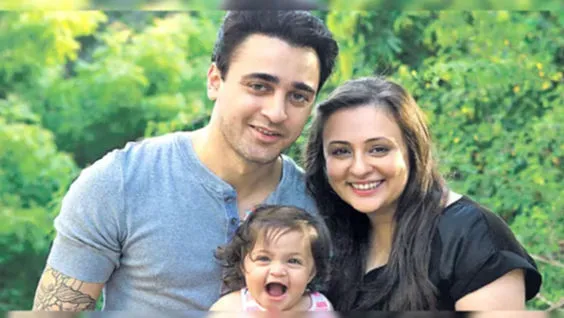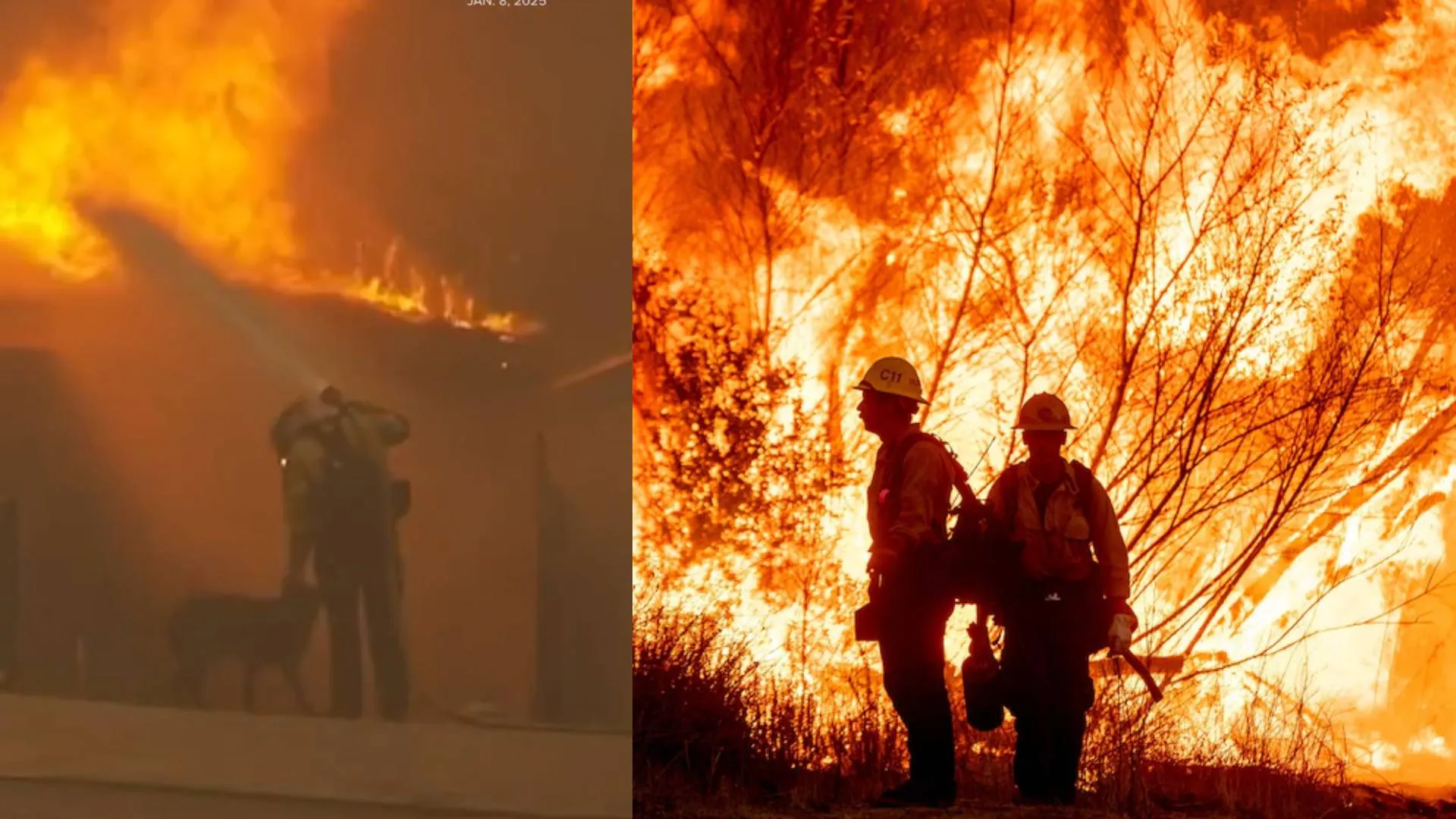The External Affairs Ministry has cautioned several western governments that activities by pro-Khalistani elements in their respective countries cannot be construed as an expression of free speech and freedom. It was pure and simple unlawful action. Therefore, these people who were creating trouble and have threatened to kill Indian diplomats must be proceeded against, and it was the duty of the respective governments to ensure the safety of all Indians. The government response comes in the wake of the second attack in less than four months, on the Indian Consulate in San Francisco. The Khalistani groups have announced that they would be taking out a rally in support of their demand to punish the killers of Gurdeep Singh Nijjar, a separatist leader, who was gunned down in Canada recently. Indian intelligence agencies claim that Nijjar who was shot dead by two assassins, who were riding a bike, could have been the victim of a turf battle that has broken out between the pro-Khalistan groups. Some Sikhs in Canada have disputed this. Nijjar it is being stated was eliminated in retaliation by those close to Ripudaman Singh Malik, a suspect in the bombing of Air India’s Kanishka aircraft in June, 1985, and who was similarly shot in Vancouver, last year. Ripudaman and Nijjar, were both held in high esteem by some ultra-Sikhs in their respective areas and were associated with Gurdwara movement in Canada. The heightened activity by the pro-Khalistani groups, has been a matter of great concern, and last month, the External Affairs Minister, S.Jaishankar, had spoken against these groups particularly, those based in Brampton, Canada, where a float glorifying the killers of former Prime Minister, Indira Gandhi, was taken out. The Canadian envoy in India had stated on record that his country was not in favor of any act of violence being celebrated. However, it is a known fact that the present government headed by Justin Trudeau is dependent on the support of radical Sikh leader, Jagmeet Singh, whose National Democratic Party’s backing is vital for the continuity of his dispensation. It is also a well-known fact that there were more Sikh MPs in Canadian Parliament than there were in ours. But none of them can get elected, if there was no support of the white population in their respective areas. What is worrying is that Jagmeet Singh and his likes spew hate against the Indian State and favour those supporting separatist activities in India. There is also a view in the intelligence community that the Sikh ultras have the blessings of Pakistani cloak and dagger outfits, and enjoy patronage of some western agencies as well. The act in San Francisco is not an isolated incident. There has been violence that has been perpetrated against our embassies and consulates in other places also, including London. The threat to our diplomats is very alarming. Way back in 1984, Ravindra Mhatre, a senior Indian diplomat was abducted and killed by supporters of the Jammu and Kashmir Liberation Front in Birmingham. The Khalistani elements have similarly been engaged in incidents that included the attempt on the life of high-profile police officer, Julio Ribeiro when he was the Indian Ambassador to Romania in the early 1990s. In retaliation, Sikh groups had whisked away Liveu Radu, a Romanian diplomat based in Delhi when he was travelling in his car near Jorbagh in October, 1991. Unconfirmed reports stated that Radu was later released in exchange of those responsible for the attack on Ribeiro. Even on Indian soil, there have been attacks by pro-separatist groups. In the mid 1980s, the Indian intelligence agencies were investigating the Khalistani angle after a bazooka attack on the U.S. Embassy in New Delhi, in which no one was fortunately injured. The claim of Indian intelligence that pro-Khalistan groups were also engaged in rivalry may hold some ground since it would also depend on the source of funding. Even during the unrest in Punjab in the 1980s and early 1990s, there were groups which had common objectives but had intense rivalry amongst themselves. As a result, multiple Panthic Committees had mushroomed. One was headed by Gurbachan Singh Manochahal and another by Paramjit Singh Panjwar. The role of former Director General of Health Services, Dr Sohan Singh was also under scrutiny in those times. In the present context, the western countries must provide complete security to Indian diplomats and also crack down on those indulging in illegal activities against our consulates and Embassies. Otherwise, this could result in souring of relations with these countries.

















